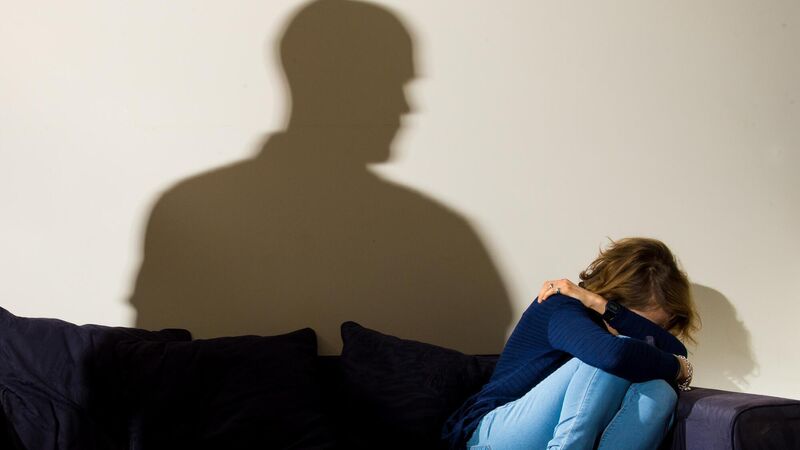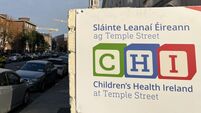Fears tighter Covid restrictions will see spike in domestic violence

Latest Tusla figures have sparked warnings over the need for additional resources to support families in the event of tougher Covid-19 restrictions.
Latest data from Tusla shows the number of referrals it has received for emotional abuse has continued to rise, reaching its highest level yet in 2020 in July, and sparking warnings over the need for additional resources to support families in the event of tougher Covid-19 restrictions.
Responding to the publication of the figures, Joe Mooney, assistant professor of social work in University College Dublin, warned that domestic violence may be a factor and that steps needed to be taken to address any concerns ahead of any tighter restrictions in future.
The July data report from the Child and Family Agency shows 1,266 mandated reports of abuse were received in July 2020 — 30% more than in June and the highest number for the period since July 2019. The number of reports for the first seven months of 2020 is 5,780, 28% fewer than the same period in 2019, likely at least in part due to the impact of Covid-19.
According to the report: "[The] highest number of reports for emotional abuse (494; 44%) followed by physical abuse (244; 22%), sexual abuse (244; 22%) and neglect (149; 13%)."
According to Mr Mooney, writing about the figures on his blog: "If we look at this trend, while there have been some dips, we can see a 142% rise in referrals of emotional abuse when compared with February 2020, pre-covid lockdown. We are still seeing the gardaí as the central source of a majority of these mandated referrals of emotional abuse, accounting for 46.2% of such referrals to Tusla.
"We need to act now on this if this is the case.
"The Garda Operation Faoiseamh is still active and needs to be resourced and protected by Government. Alongside this every effort needs to be made to support and resource services related to domestic, sexual and gender based violence, and Tusla prioritisation in this regard has been commendable, with an increased budget hopefully helping in this regard."
The latest monthly report also shows 290 referrals of retrospective abuse in July, the second-highest monthly total over the course of the previous year.

The July data also shows a slight increase in the number of child protection and welfare cases awaiting allocation, but elsewhere the trends are mostly downwards, including in the number of children in care, in the number of early years services on the national register, and in the number of children referred to Education Support Services.
Meanwhile, Tusla's second Quarterly Service Performance and Activity Report, covering April through June, shows 3,781 cases (17% of all cases) were awaiting allocation — down 19% from the total for the first quarter of the year and the fewest number for two-and-a-half years.
It also said 8% of the cases awaiting allocation at the end of Q2 were categorised as ‘high priority’, again at its lowest level since the start of 2018.
It also shows that 989 children were listed as ‘active’ on the Child Protection Notification Service at the end of June, the highest level since the end of 2018, and the July report showed this had risen again to 1,002 children.
Also, there were 521 referrals to the national out-of-hours service between April and June this year, 12% lower than in the first quarter of the year.





